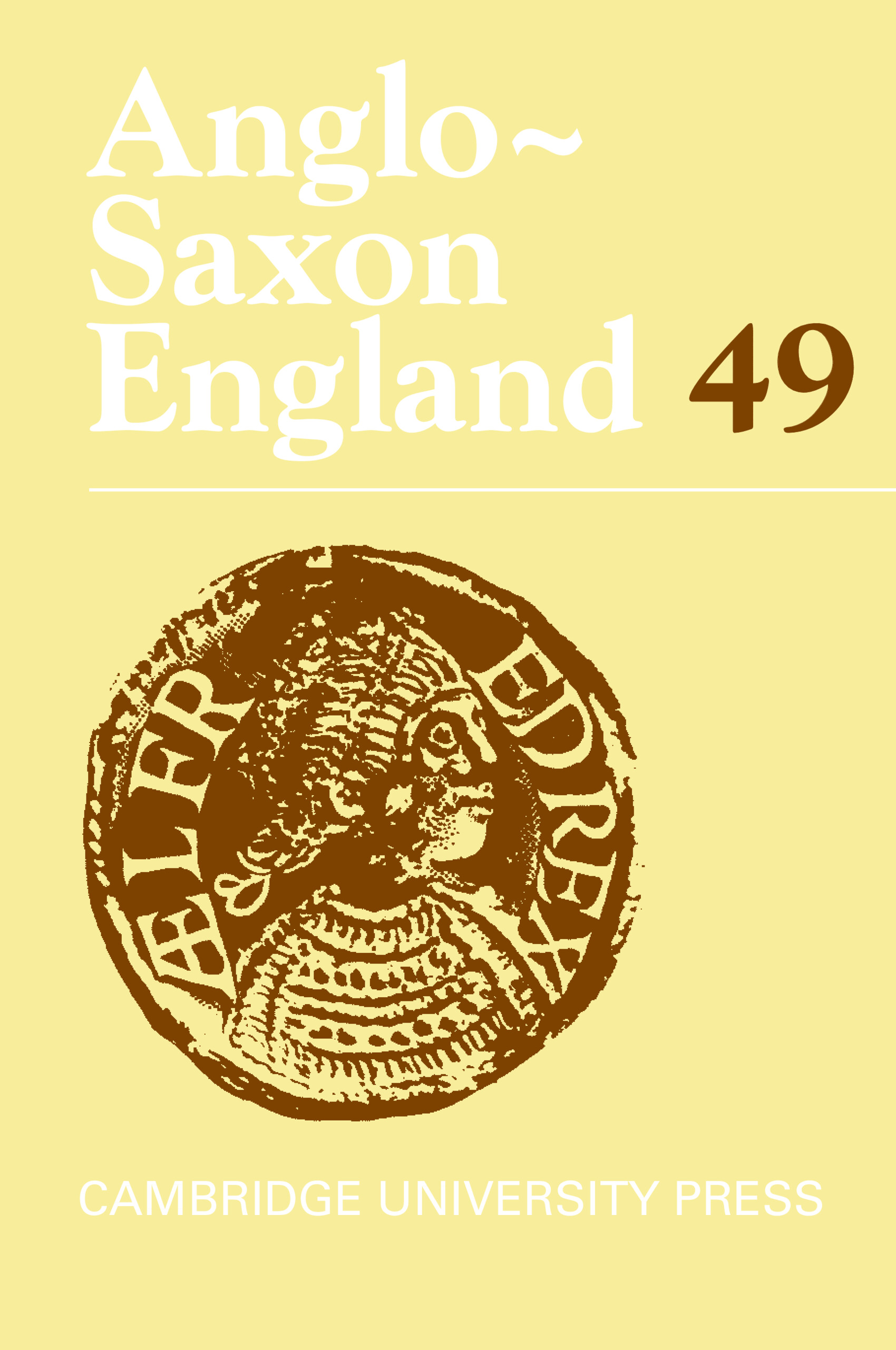No CrossRef data available.
Article contents
Abstract
New Testament writings give a powerful sense of the humanness and fallibility of Christ's apostles, and a sense of their imperfection is also apparent in the non-canonical acts which report their missionary work and martyrdoms. Ælfric, drawing extensively on this biblical and extra-biblical material, adopts two distinct approaches in his treatment of the apostles, depending on whether he is writing hagiographically or exegetically. In neither approach does he present the apostles as imperfect or fallible, even where they appear so in the sources he is working with. The present article examines Ælfric's manoeuvres in rewriting the apostles as idealized and exemplary figures, focusing in particular on his treatment of Thomas, Peter and Paul in his homilies. In the case of Peter, Ælfric's approach is contrasted tellingly with that of the poet of The Heliand, who stresses the saint's powerful emotions and the personal nature of his relationship to Christ. The article demonstrates Ælfric's anxiety not to undermine the apostles in any way: bringing these great saints to life as struggling human beings is certainly not part of his agenda as religious teacher.
- Type
- Research Article
- Information
- Copyright
- Copyright © Cambridge University Press 2016




